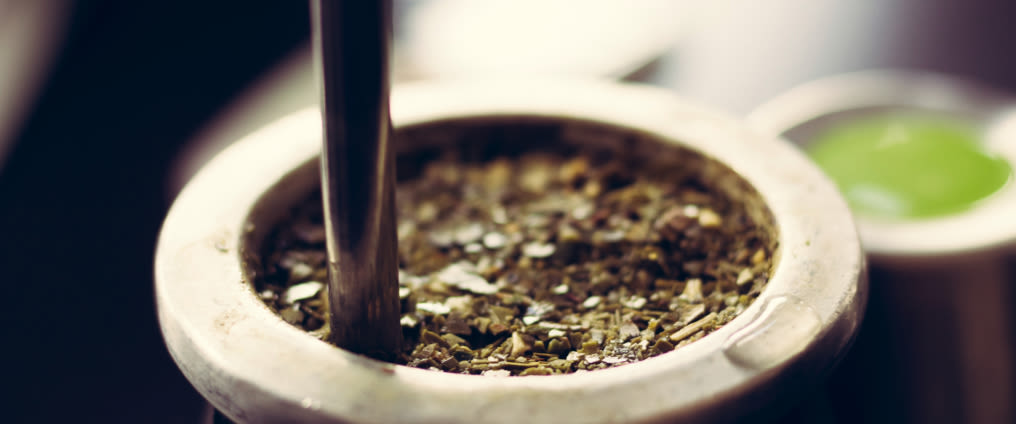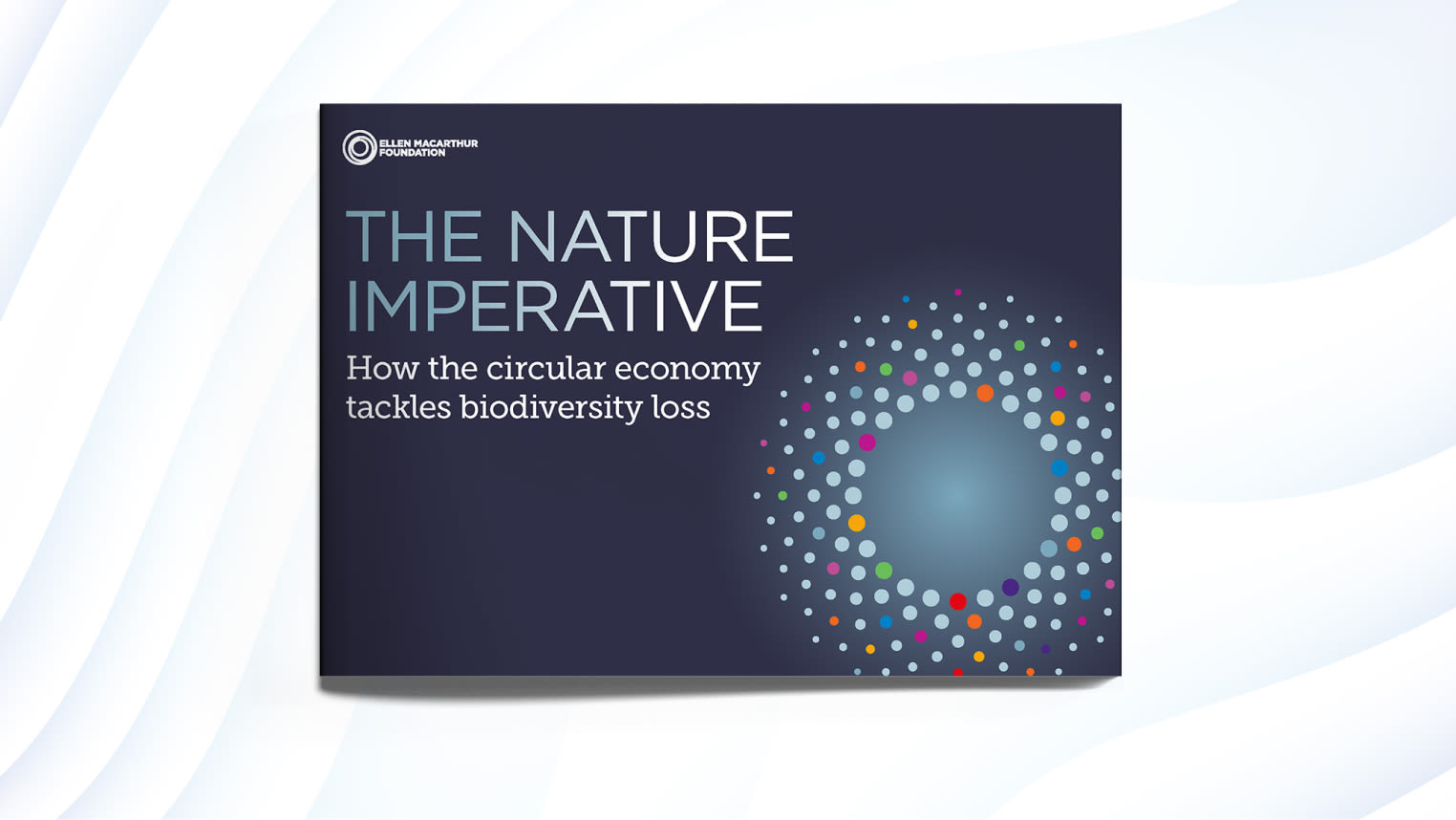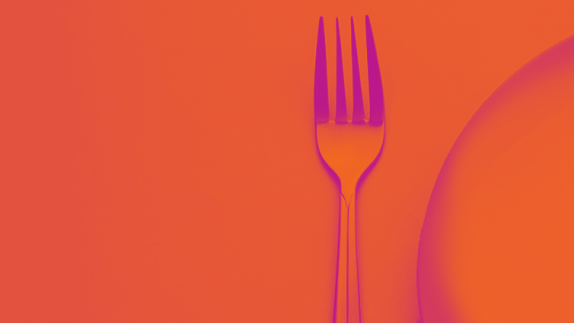Guayakí sells canned beverages and loose leaves of yerba mate, a traditional plant found in the South American Atlantic rainforest. The company develops long-term partnerships with indigenous producers and smallholder farmers that harvest yerba mate or grow it under the shade of native trees, a method that requires less water than conventional agriculture and helps to regenerate and conserve the land. In areas with forest remnants, Guayakí works to maintain that vegetation, and areas that have been previously used for other purposes, such as growing soy, are restored. Guayakí valorises both the social and the environmental aspect of their business. All yerba mate produced or harvested must be organic certified and producers receive a premium price for the product, which makes it more economically appealing than degenerative alternatives, such as using the land for cutting trees to sell timber or for conventional agriculture. The company works with farmers in Argentina, Brazil and Paraguay.
Biodiversity benefits
In 25 years of operations, Guayakí has regenerated 80,000 hectares of South American Atlantic rainforest, having planted 7,200 trees. This has restored biological corridors and over 900 species (plants, mammals and birds) have been observed in harvested and cultivated areas, including rare and endangered species. As a side benefit of regeneration, every year, 972,600 million tons of CO2 are sequestered. Organic, shade-grown yerba mate has also shown to be more resilient and abundant than that which is grown with the conventional method under the sun, in monoculture.
This page is part of a deep dive into biodiversity and food, where we delve deeper into regenerating nature by redesigning food systems.






